March 26: The sacrifice is a metaphor
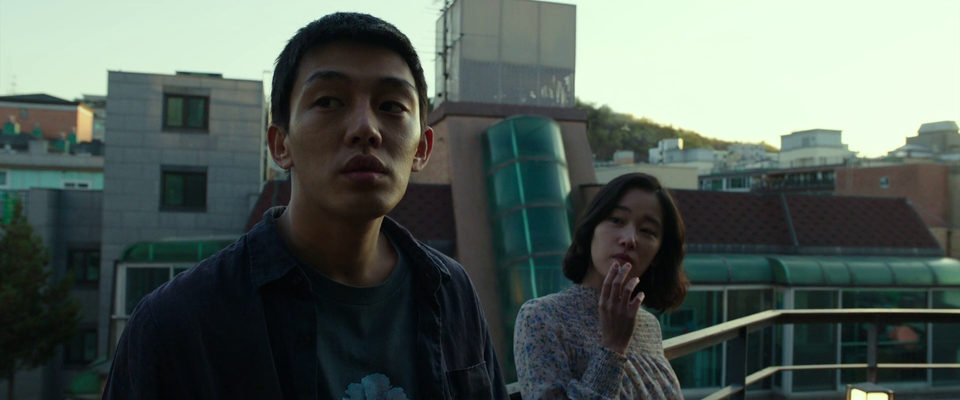
Video games are often vehicles for power fantasies. The fantasy of environmental supremacy - being able to navigate any space. The fantasy of limitless growth, leveling up until you’re a god among men. Most of all, video games are about the fantasy of perfect systems. You sink into a game knowing the rules will take care of you, even the ones hidden from view. The play is in the discovery of parameters and in the creativity those parameters enable.
This represents a unique challenge for so-called open world games. Open world games are always trying to fool you, to make you forget the world you’re playing in has rules by giving you environments that overwhelm your senses, by procedurally generating random encounters, by giving you the impression that the citizens, flora, and fauna of these worlds would carry on just fine without you. French game development studio, Ubisoft, has probably done more to calcify the conventions of the open world with its Assassin’s Creed and Far Cry franchises than any other company. Their approach of enormous locations, seamlessly flowing into one another, mapped out by a million and one activities to do across the landscape, has, along with Bethesda’s open world philosophies in Skyrim and Fallout informed what an entire generation of gamers have come to expect from their open worlds.
It’s a strange, uneasy tension that some of us have found wearing thin. These are games that ask you to sink into their boundless worlds, but they seem to panic the moment they think you’ve gotten lost. Tooltips, map markers, journal entries, compass points - these are open worlds whose navigation tools have been informed more by Yelp and Apple Maps than by world explorers with sextants and sketchy maps. It’s a trade-off, this design philosophy. The guidance helps make the vast amount of content in these games more accessible, especially to players who may unfortunately find themselves having obligations to attend to in the real world. But on the other hand, all these waypoints can work against that fantasy of exploration, leaving you with the strong sense that someone else has been here before, laying breadcrumbs down just for you. The open world isn’t world so much as a very pretty checklist. No longer geography - simply content. Not really exploration, just tourism.
The fantasy of exploration needs to smack of risk, at least a little bit, to satisfy. Open worlds try to simulate that by working overtime to present something like verisimilitude so as to shore up the illusion. But therein lies the problem:
How can you present players with the fantasy of discovery, a fantasy that depends on them feeling disempowered relative to the bubbling, living chaos of an open world, when your entire design philosophy orbits around player mastery?
The Ubisoft/Bethesda approach privileges player empowerment over simulating the dangers of being truly lost, and for a while, it seemed like this take on the open world might be the only one available to us anymore. But starting with Nintendo’s Breath of the Wild (2017), major releases have begun to interrogate these assumptions a little bit, teasing out the pleasures of a different kind of fantasy, one that presents the open world as a series of systems to be unraveled, where to become un-lost in the world means to look directly at the rules, to make explicit the game-ishness of the thing, to stop pretending that the game is a living world and to find in that admission even more freedom to explore than you might have had before.
Games like Elden Ring, Tunic, and a game I’ll be recommending today Horizon: Forbidden West, all ask what else we can do with this form. They suggest that there might be more to the open world than a gradually receding border and a nation full of camps to raid or towers to climb.
I’ll admit that these days, when so many of us have been feeling our disempowerment more sharply than ever before, there’s something comforting about that checklist approach to the open world. It’s nice to imagine for a while that a place can both be beautiful and simple to understand. But what I’m learning is that in the oppressive, mysterious systems of games that hide things from you, there can be a kind of comfort to. These are games that stage your own disempowerment creatively and make something beautiful and playful out of that moment.
It’s a comfort born of acceptance that when things are way out past what you can understand or handle, you can head somewhere else for a while.
Play: Horizon: Forbidden West on PS5
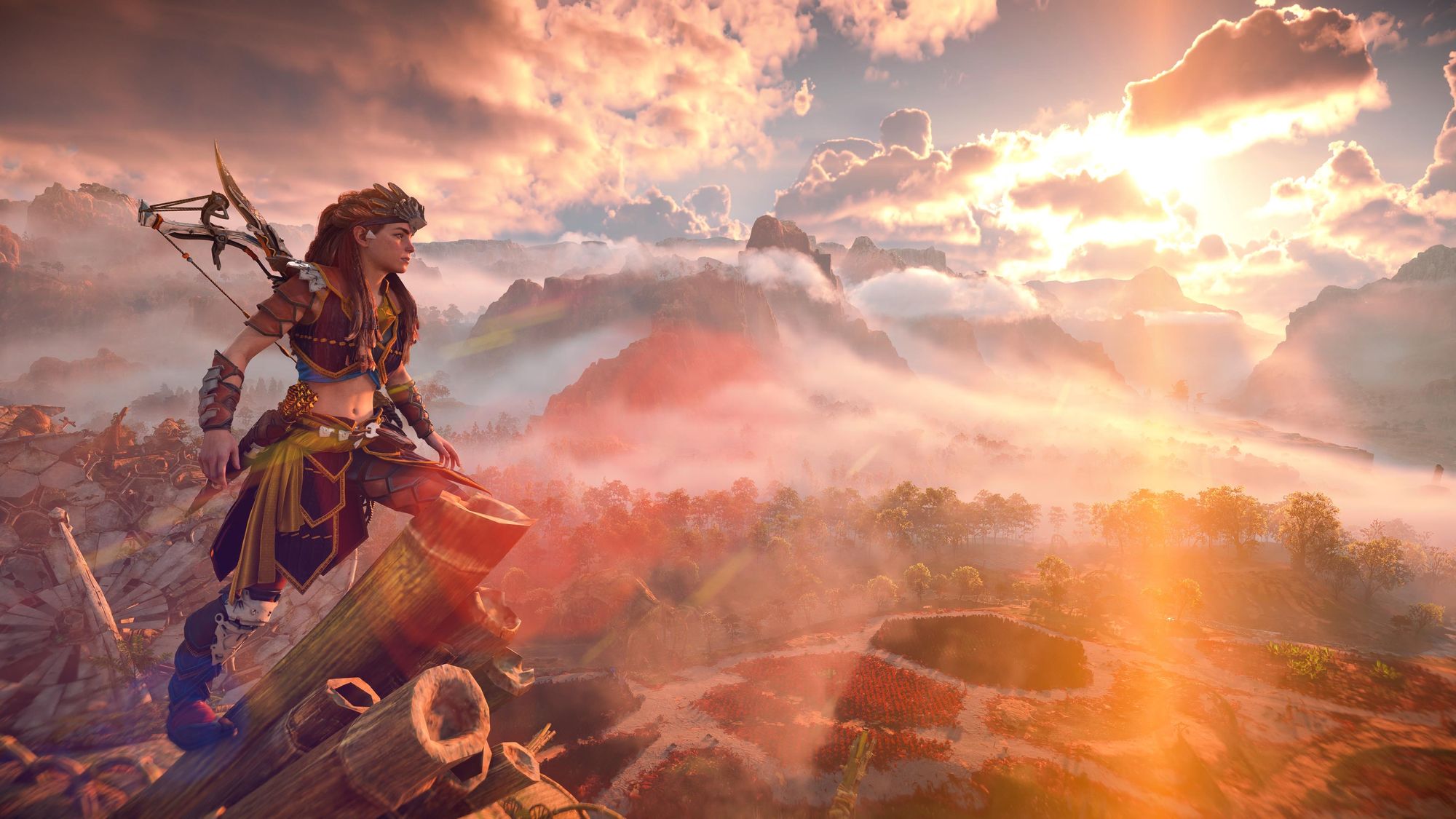
It’s been a while since I’ve sunk 70 hours into a game, but Horizon: Forbidden West did the trick. I have a lot of complicated feelings about this game, some of which have to do with its uncritical use of some regressive western expansionist themes, some of which have to do with the game’s at times careless appropriation of indigenous cultures, and some of which are about the simply overwhelming number of things to do. But mostly, I’m floored by the ambition of this thing and the way the developers have contained that ambition in the perspective of one of video games’ best protagonists, Aloy. In recommending Forbidden West I could talk about a dozen things - the thrilling hunting-combat system, the lovable side characters with their incredible voice acting and mo-cap performances, the frankly gorgeous environmental design. But mostly, I think it’s worth playing because the woman at the heart of its story, Aloy, is exactly the kind of flawed heroine I want more of in my big fantasy epics. She’s a remarkable combination of naïve and jaded, driven and terrified, admired and lonely, and Forbidden West teases out each of those tensions with surprising care. As someone who failed to finish Breath of the Wild, Red Dead Redemption 2, or Assassin’s Creed: Valhalla, I think Aloy is a big part of why I was able to stick it out here. Don’t let the scope of the thing keep you away - Aloy will be with you every step of the way.
Listen: Zeal & Ardor by Zeal & Ardor
With this third full length project, Zeal & Ardor have honed their signature blend of death metal and the musical tradition of Black spirituals into their most cohesive work yet. I love Zeal & Ardor because their music runs in the face of how too much of our popular culture has framed the music that emerged from the African diaspora. Here, the latent sounds of rebellion and ferocious rage that have, by necessity, been kept subtext (to white listeners, especially) in the Black gospel tradition are made into glorious, soaring text. This project especially is explicitly decolonial, using the language of the Swedish occult to unsettle easy assumptions about Christian goodness and racism. When Manuel Gagneux, the band’s mastermind cries “DEATH TO THE HOLY” it’s with the voice of liberation and the sounds of blues behind him. Musically, there’s more texture here than there has been before. Lighter touch electronic interludes connect fearsome shrieks and double bass kicks, and in the hookier choruses you can hear the influence of 00s nu-metal and metalcore coming into play. It may not be an album for metal purists, but it’s an invigorating listen from start to finish.
Visit: r/culinaryplating

Like every other social media platform, Reddit is a mixed bag. A cesspool, to be sure, but also a surprisingly manageable one with tons of hidden, smaller communities full of creative people sharing incredible things. In this case I’m bringing you one of my new favorites, built entirely around people making their food look fancy. It’s a vibrant community, full of home cooks and professional chefs alike, sharing their gorgeous dishes and companionably offering advice on how to improve. If you love food, and you love experimenting with your own palate or your own skills in the kitchen, reddit.com/r/culinaryplating is a ridiculously inspiring place to hang out.
Listen: Oddinary by Stray Kids
If you’ve never heard of Stray Kids, you should probably add them to the shortlist of kpop groups Americans know, because they’re about to explode stateside. With Oddinary, Stray Kids and their company JYP, are launching an all out assault on western charts, and it’s hard to argue that this livewire set of tracks isn’t a great lineup to do it with. The first four tracks, “VENOM”, “MANIAC”, “Charmer”, and “FREEZE” are a high energy boy band perfection, as dynamic as anyone thanks to their tight vocal chemistry and wide range of timbres and tones. Stray Kids have always been able to bring the bombast - revisit 2020’s “God’s Menu” for an example of that - but with Oddinary, Stray Kids have reigned some of that energy in for the sake of some gorgeous, glistening pop tunes.
Watch: Burning, d. Lee Chang-dong
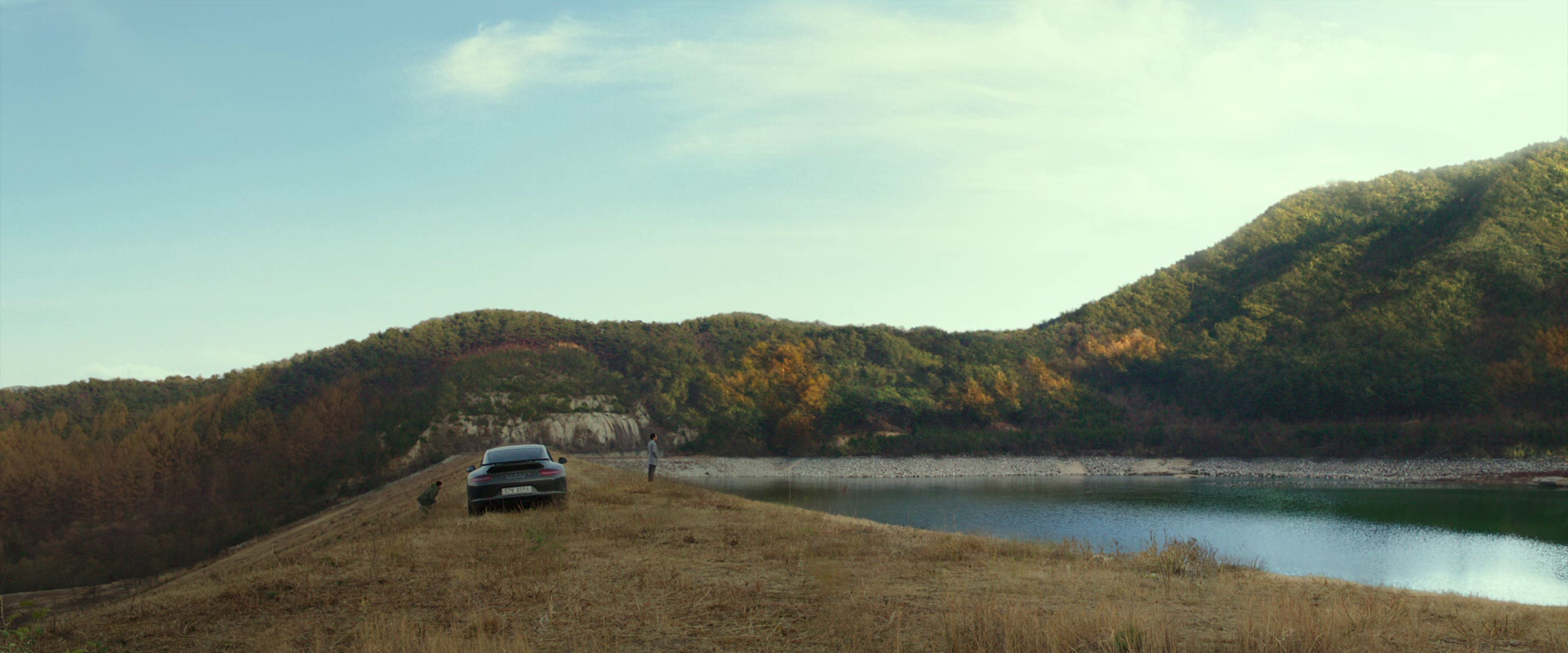
A year before Bong Joon Ho grabbed the world’s attention with Parasite, his countryman Lee Chang-dong found critical success with this Murakami adaptation, Burning. And in my opinion, for all of Parasite’s virtues, Lee Chang-dong’s film exceeds the Oscar winning film’s reach in almost every way. Burning has a slow, poetic quality that, for the first half of its runtime, intimately explores alienation and isolation in contemporary South Korea - splitting its time across urban and rural spaces. But as the film unfurls across its hefty runtime, the gentle ennui begins to contain something closer to terror until it’s stunning climax. If you’re paying attention, you will likely feel the big narrative moments coming slight before they arrive, and therein lies the magic of the film, the way it plays with inevitability. Its characters know the end before they want to admit it and Burning places us squarely in that aching expectation.
Thanks for indulging some more unstructured thoughts about video games this week. Look forward to reconnecting next saturday with another set of recs. Be well.
Jordan Cassidy



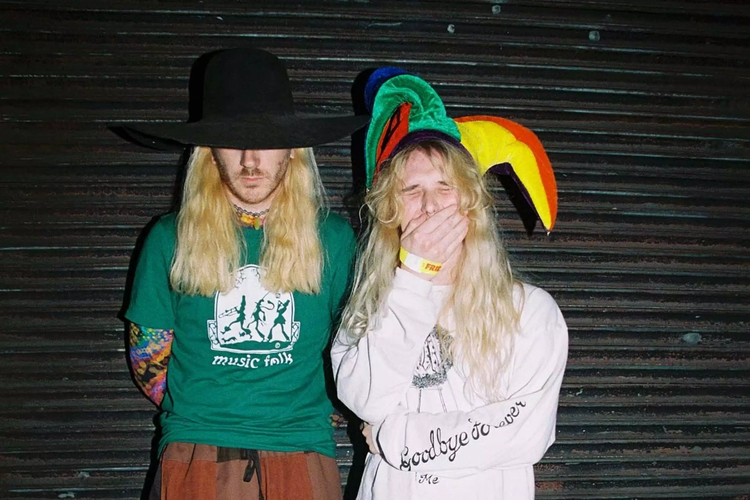
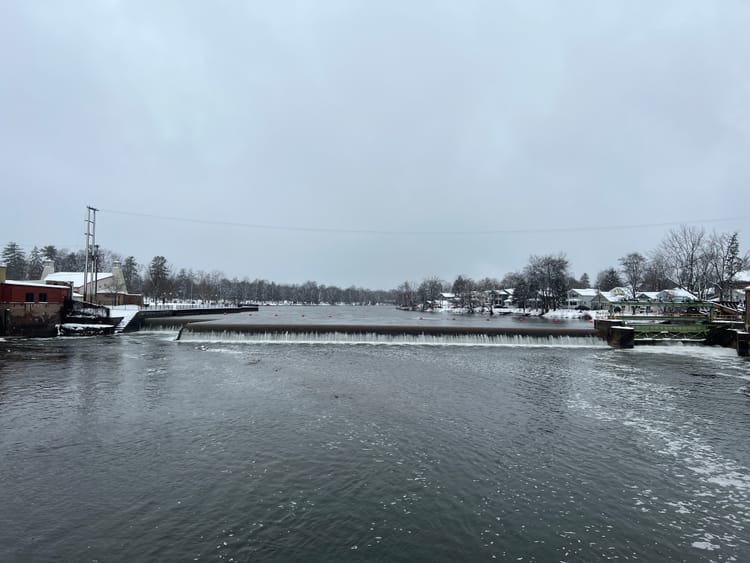
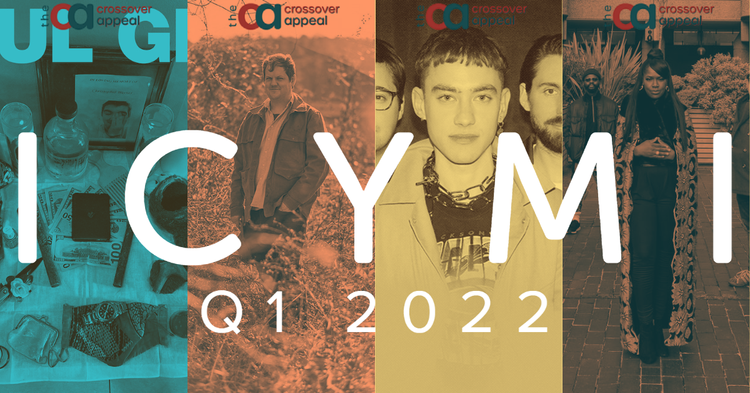
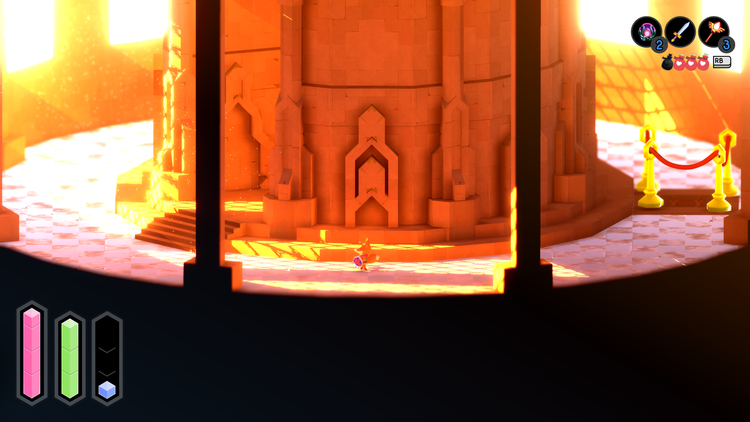
Member discussion